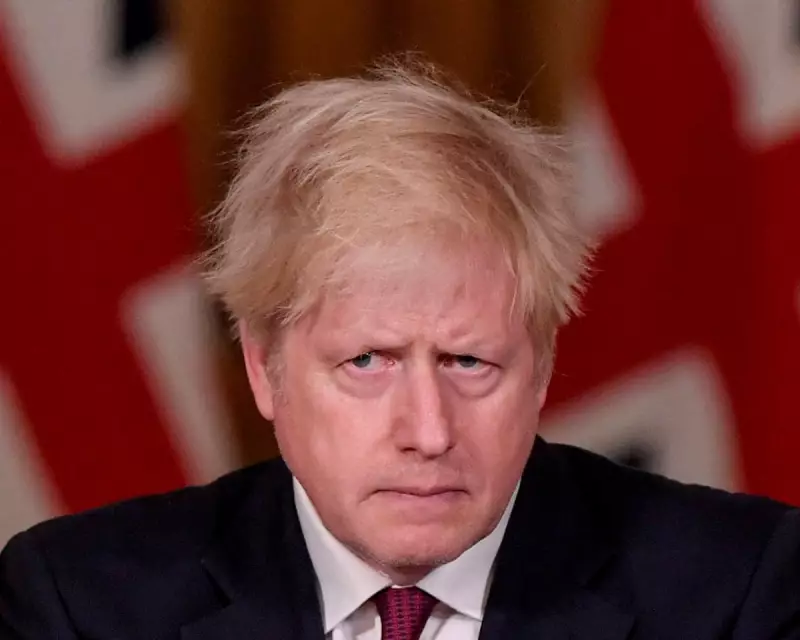
A devastating official report has exposed Boris Johnson's fundamental leadership failures during the critical early stages of the COVID-19 pandemic, concluding that his complacency and lack of urgency likely cost lives.
The 'Lost Month' of February 2020
The Covid-19 public inquiry, chaired by retired judge Heather Hallett, revealed that during the crucial half-term week of February 2020, Johnson was absent from daily briefings while staying at the government retreat Chevening House. The report states he 'received no daily updates' on the emerging crisis despite the virus spreading rapidly in China and Italy, with confirmed cases already present in the UK.
During this pivotal period, described as a 'lost month' of inaction, Johnson failed to chair a single meeting of the government's emergency Cobra committee. The inquiry concluded that more lives could have been saved with earlier and more decisive action from the prime minister.
Optimism Over Urgency
The analysis found that Johnson's personal disposition significantly contributed to the government's sluggish response. He was 'acting in accordance with his own optimistic disposition' at a time when the situation demanded urgent leadership and decisive action.
Text messages from Johnson's former adviser Dominic Cummings revealed the prime minister's disengaged attitude, noting that Johnson 'doesn't think it's a big deal' and comparing the emerging pandemic to swine flu. Even on March 3rd 2020, during his first national press conference about the UK's response, Johnson admitted he was still shaking hands with hospital patients.
Systemic Failures and Accountability
The report heavily criticised former Health Secretary Matt Hancock for having a reputation for 'overpromising and underdelivering', noting that Johnson relied too heavily on these assurances that everything necessary was being done.
The Covid-19 Bereaved Families group responded to the findings, stating it was 'devastating to think of the lives that could have been saved under a different prime minister'. The inquiry's central conclusion maintains that Johnson should have appreciated sooner that the situation required prime ministerial leadership to inject urgency into the response.
Despite criticism from Dominic Cummings, who called the report a 'vast rewriting of history', the document provides a clear timeline of complacency in Number 10 during early 2020, serving as an official reminder that the former prime minister failed the nation during a critical emergency.





